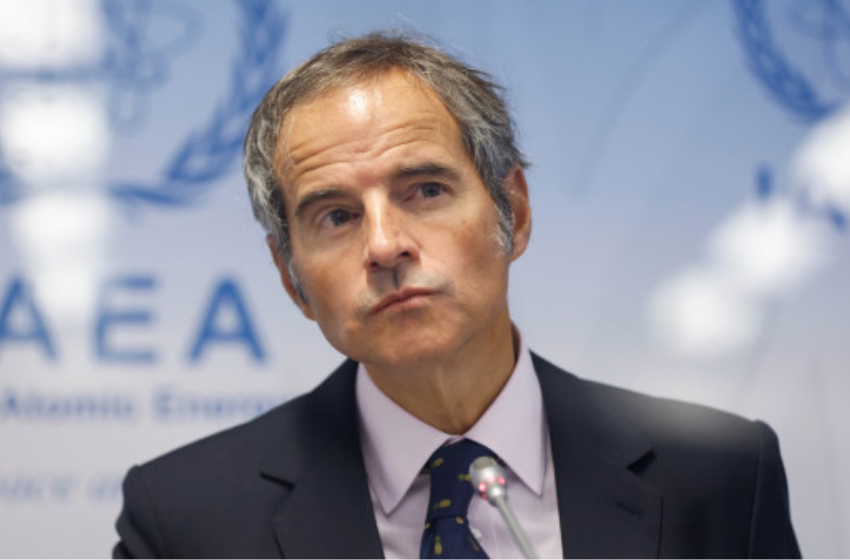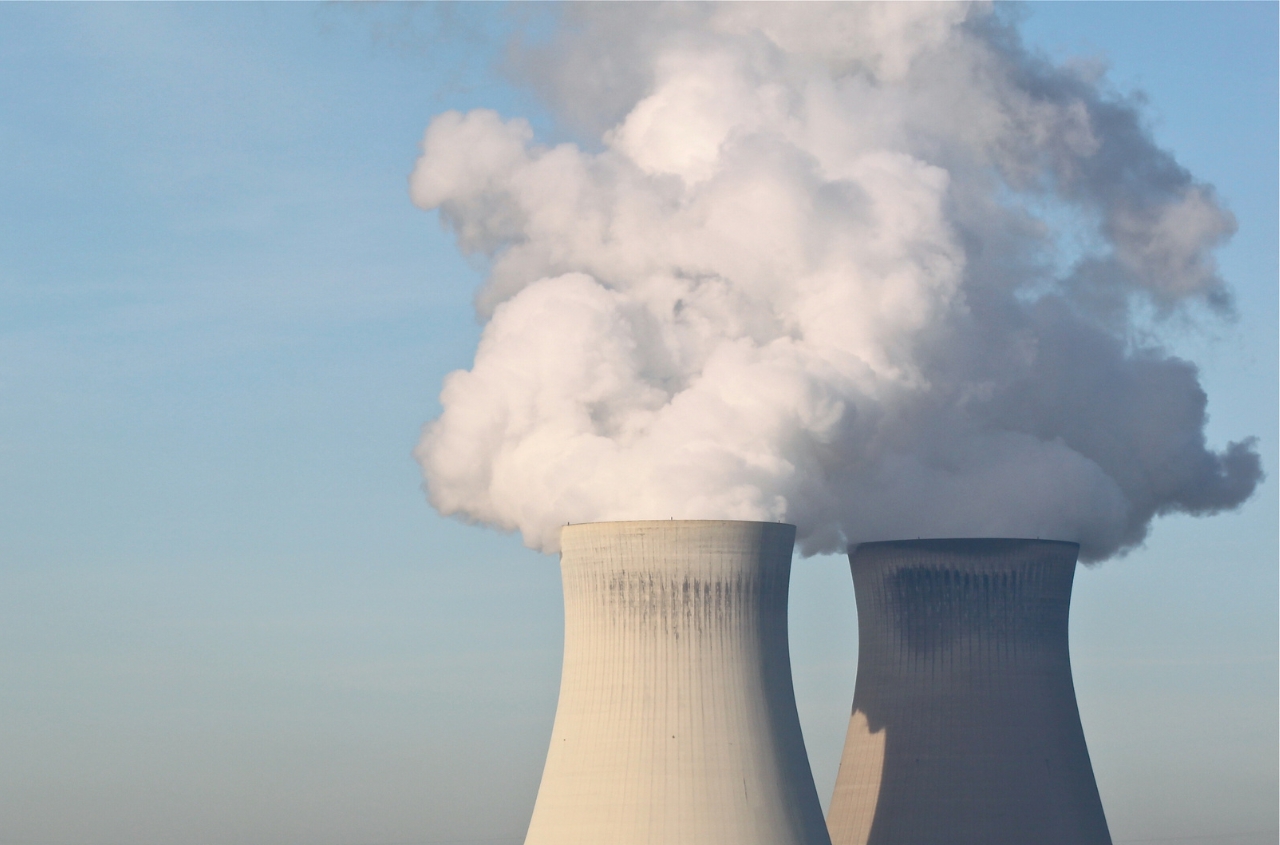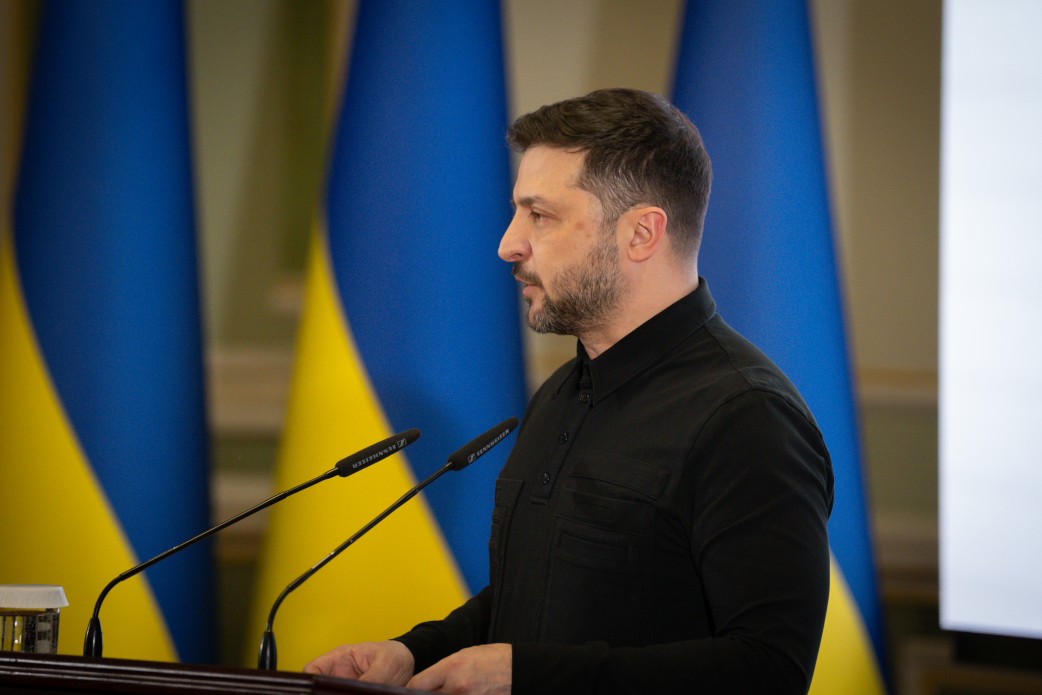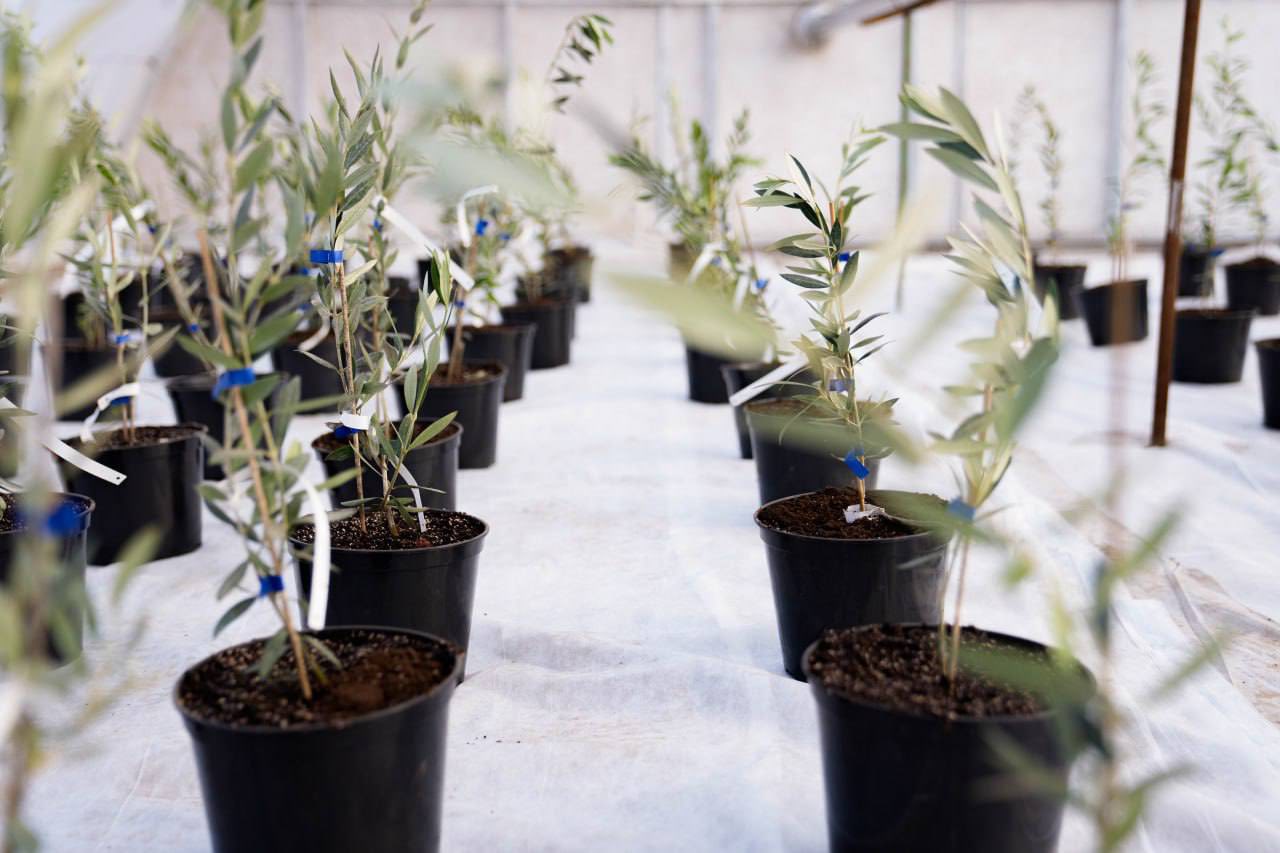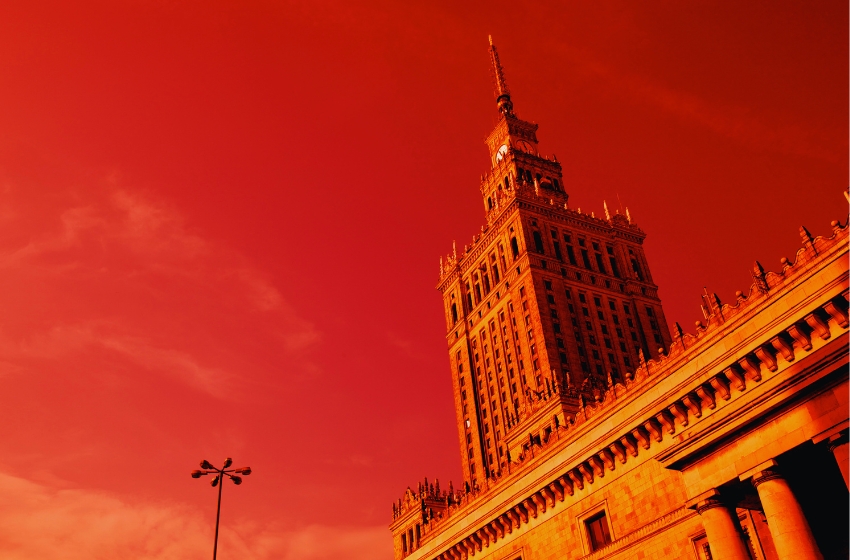Increased geopolitical tensions worldwide are driving a growing desire among certain states to possess nuclear weapons.
This was stated by Rafael Grossi, Director General of the International Atomic Energy Agency (IAEA), during a discussion at the World Economic Forum in Davos on Tuesday.
"The situation is deteriorating. Truly deteriorating. Some shared principles that existed even during times of conflict — for example, among the five permanent members of the UN Security Council and other major European countries regarding nuclear weapons and non-proliferation — no longer hold. Times of heightened geostrategic tensions, such as the present, unfortunately make nuclear weapons more appealing. We must acknowledge this," Grossi said, commenting on the current state of the non-proliferation regime.
According to Grossi, in Ukraine, for instance, following Russia’s full-scale aggression, discussions sometimes question the country’s decision to give up nuclear weapons in the 1990s, with speculation about what would have happened if Ukraine had retained them.
"We see a similar situation in the Middle East, particularly concerning Iran, where this ambiguity and the status of possible 'latent' nuclear capability persist. Of course, they do not currently have nuclear weapons, but they have many components to create them and continue to show readiness for negotiations, although the situation has not stabilized," the IAEA chief added.
He noted that in light of such uncertainty, other states in the region openly declare that if Iran acquires nuclear weapons, they will do the same.
"The consensus on the moratorium on nuclear testing is also being challenged. Russia has denounced the Comprehensive Nuclear-Test-Ban Treaty (CTBT), while discussions about resuming nuclear testing are unfolding in the United States and other countries. Similarly, in Asia, the Republic of Korea is openly debating the possibility of acquiring nuclear weapons. Similar discussions are taking place in Japan. While the government does not officially support this, I have heard such sentiments during my visits to Japan," Grossi said.
Thus, according to him, there is currently "significant pressure on one of the fundamental principles of international life — the norm and regime of non-proliferation, which, despite all its flaws, has served us well."
"We need decisive support for the non-proliferation regime, especially from major players. We must strengthen the role of the IAEA as a tool that ensures compliance with this regime," Grossi emphasized.









